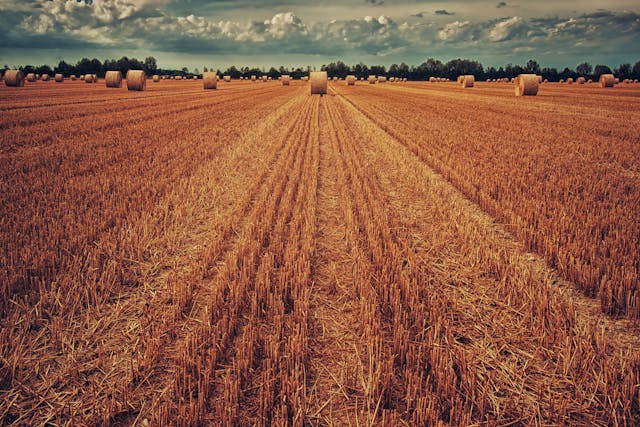Farming is challenging work, but can still be lucrative. That said, it certainly often comes with its set of challenges. Addressing growth problems promptly and effectively is crucial for ensuring healthy crop yields and livestock productivity. Here are some strategies to deal with common growth problems in farms.
Managing your soil health
Healthy soil is fundamental to successful farming. Regular soil testing is essential to identify deficiencies. Based on test results, farmers can apply appropriate fertilizers. Organic options like compost or manure can enrich the soil with essential nutrients. Soil pH affects nutrient availability. Lime can be used to raise the pH of acidic soils, while sulfur can lower the pH of alkaline soils. Compacted soil restricts root growth and water infiltration. To alleviate compaction, farmers can use deep tilling methods and rotate crops with deep-rooted plants. Implementing cover crops can also improve soil structure.
Ensuring you water your crops right
Water-related issues such as drought, over-irrigation, and poor drainage can severely impact farm productivity. Implementing efficient irrigation systems like drip irrigation can help conserve water. Mulching reduces water evaporation and maintains soil moisture. At the same time, over-watering can lead to root diseases and nutrient leaching. Using soil moisture sensors from brands like GroPoint can help farmers apply water more judiciously. Ensuring proper field drainage through ditches or subsurface drainage systems can prevent waterlogging and associated root diseases.
Dealing with pests and disease
Pests and diseases are perennial threats to crops and livestock. Monitoring pest populations and using biological controls like beneficial insects can reduce the need for chemical pesticides. When necessary, use targeted chemical treatments from services like Chemtech Supply to minimize environmental impact.
Natural predators, such as ladybugs for aphid control, can be introduced to maintain ecological balance. Crop rotation and the use of resistant varieties can also minimize the incidence of diseases. When necessary, targeted use of pesticides should be employed, adhering to recommended guidelines to avoid resistance buildup and environmental harm.
Coping with changes to the climate
Climate variability and extreme weather events pose significant risks to farming. Diversifying crop varieties to include those that are drought-tolerant or resistant to extreme temperatures can mitigate some of these risks. Implementing windbreaks and shelterbelts can protect crops from wind damage and help in microclimate regulation. Utilizing greenhouses or high tunnels can extend growing seasons and protect crops from adverse weather conditions. Farmers should also stay informed about weather forecasts and use climate-smart agriculture practices to adapt to changing conditions.
Addressing common growth problems in farms requires an integrated approach that combines prevention, timely intervention, and sustainable practices. By implementing strategies such as Integrated Pest Management, soil fertility enhancement, efficient water management, effective weed control, adaptation to climate challenges, and correcting nutrient deficiencies, farmers can enhance crop growth and ensure higher yields.
Embracing these practices not only solves immediate problems but also contributes to long-term farm sustainability and resilience. If you intend on starting a farming business, then you need to understand it’s about much more than just watching your crops grow.
